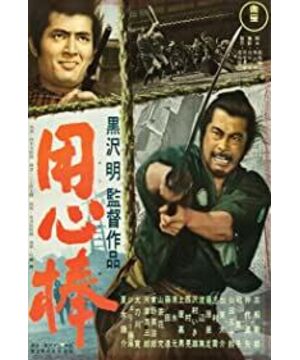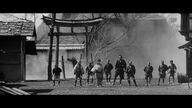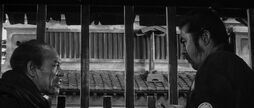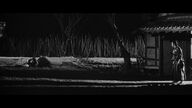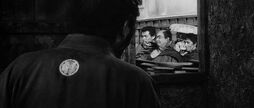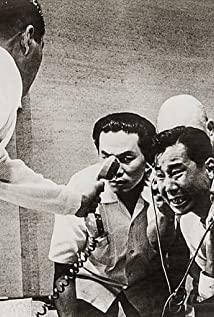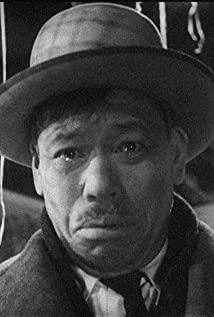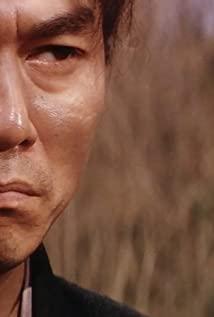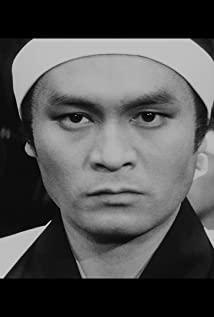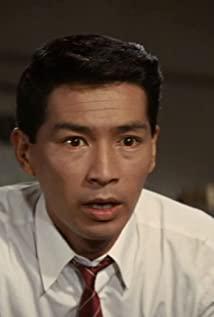Anyone who has Jianghu in their hearts has thought about what the life of a swordsman is like. In Kurosawa Akira's rivers and lakes, the principle is that people who don't talk too much will fall when the sword is sheathed. You can be chivalrous, or you can be cheap. But in the face of big right and wrong, they will abandon the small cheap before, even if they sacrifice their lives, they must take care of the things they are not used to. Therefore, in their hearts, there is nothing to live so righteous and awe-inspiring, and they may do some sneaky things because they want to drink a drink. But when I encounter something I don't like, I will take action. My code of conduct is based on my own swordsmanship, and others have nothing to do with me. So you will see that Toshiro Mifune, as the first generation of "Aojiao", is decades earlier than Vegeta, the first generation of Aojiao. The "Knights" in Akira Kurosawa's mind are generally some characters who can't afford to eat meat without washing their hair, or even have to roll all over the floor, which is really miserable. Stick with your heart, as a milestone and influential western film, it is a fake to watch the action today, and it is a fake to watch the dialogue today, but the depth of field shots and moving shots, three points and one line, two points and one line, you have I have you in me, it is really good, good simple and deep. Can play, but also make people understand at a glance. The impact of using the heart stick is not as big as that of Rashomon, but I still like it. I like the knight who can't get enough food and take advantage of the heart stick (I prefer the utopian knight spirit of the Seven Samurai), and I prefer the scenes of Akira Kurosawa's storytelling and his inner expectations for reality. A vision of salvation.
View more about Yojimbo reviews


